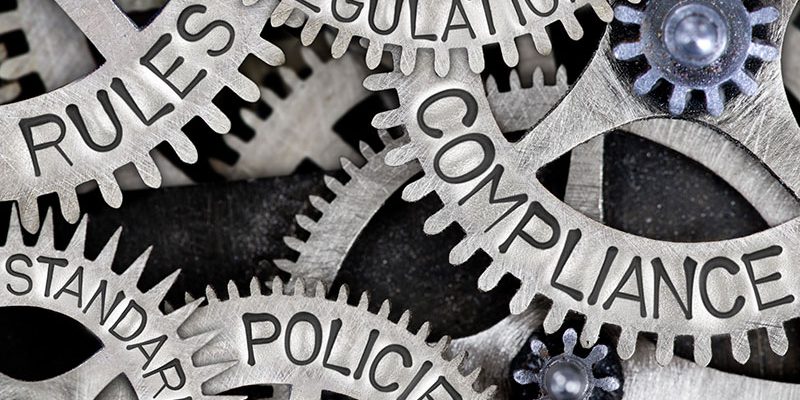Debt Collection Guidelines in Australia
For SMEs, good cash flow management is essential to business survival and growth. Ensuring debtors pay their bills is a time consuming exercise but a vital part of operating a business. Without effective credit control you run the risk of running out of operating capital and limiting you’re ability to pay your creditors and staff. There are various ways to tackle customers who haven’t settled their invoices, however whether you collect debts internally or outsource to a third-party collection agency, it’s important to understand the specific laws relating to debt collection activities in Australia.
In order to help people understand these consumer protection laws, the Australian Competition and Consumer Commission (ACCC) and Australian Securities and Investment Commission (ASIC) have developed a set of guidelines advising best practice for collectors and creditors to ensure compliance. The guideline covers;
- Commonwealth consumer protection laws
- Practical guidance on what creditors and collectors should and should not do to minimise their risk of breaching the Commonwealth consumer protection laws
- Penalties that apply for contraventions of the Commonwealth consumer protection laws
- Other laws and regulations that are not enforced by the ACCC and ASIC, but which are relevant to debt collection.
Whilst the guideline is quite comprehensive, we have decided to focus on the practical debt collection process which specifically relates to collection guidelines for businesses in Australia. This includes;
- Contacting a debtor
- Issue of complaint
- Service of complaint
- Judgement
Before we dive into the debt collection process, it’s essential to be aware that a professional debt collection agency will have a clear and articulated process in place that can be tailored to each unique and individual circumstance. As every business is different, consequently the process acts as a foundation for the collection of your arrears but may also differ between customers.
- Notification of Debt to Debtor
Making contact with a debtor is the first step in the debt collection process and this normally begins with a simple letter or phone call. If you have tried to contact your debtor on a number of occasions with no avail, you’ll need to move onto more formal proceedings to try and speed up the collection of debts owed to you or your business. This would include sending out a debt collection letter, also known as a ‘Letter of Demand’.
A debt collection letter is the final step to advise the debtor that unless their account is settled within ‘X’ number of days (usually 5-14 days), their account will be passed to a debt collection agency which may result in legal proceedings.
The collection guidelines enable telephone contact with the debtor but this must be made within certain parameters such as what is regarded as contact made at a reasonable hour. Telephone contact can be used to confirm the amount of debt and the status, any specific consequences of non-payment, the debtor’s options for payment, and the steps the agency will take if the debt remains unpaid.
- Issue of Complaint
If contact by the debt collection agency fails to result in settlement of the outstanding money, the next step is for the agency to instigate an Issue of Complaint on your business’ behalf. The Issue of Complaint is the beginning of the legal process to recover the debt through the court system. Although the aim is to always avoid any form of court action, this step in the debt collection process is best left to a debt collection agency as they employ lawyers who are skilled and experienced in the submission of court papers with the correct and relevant details.
- Service of Complaint
This is the legal recognition that an issue of complaint has been made. The Service of Complaint is sent in hard copy to the debtor and creditor. The debtor also receives a Notice of Defense in which they can attest as to why they do not agree with the claim or to set out their defense. If the debtor fails to respond to the Service of Complaint, the court will rule against them and order the debt to be paid.
- Payment Arrangements
The debtor can propose a payment arrangement by installment. The court will generally accept this under most circumstances. However, if there is an inability to pay or the debtor simply doesn’t pay, the debt collection agency can pursue various options including a warrant to seize assets, issuance of a bankruptcy notice, and a winding up petition.
These guidelines protect the debtor’s rights, but also protects a sole trader or company in pursuance of their business. Failure to comply with the guidelines may result in an unfavorable decision that leads to you having to write the debt off.
If you would like to know more about the debt collection process or looking for a no obligation assessment of your debt, please contact Australia’s leading debt collection agency today or call 1300 136 271 now to speak with a debt collection specialist.

